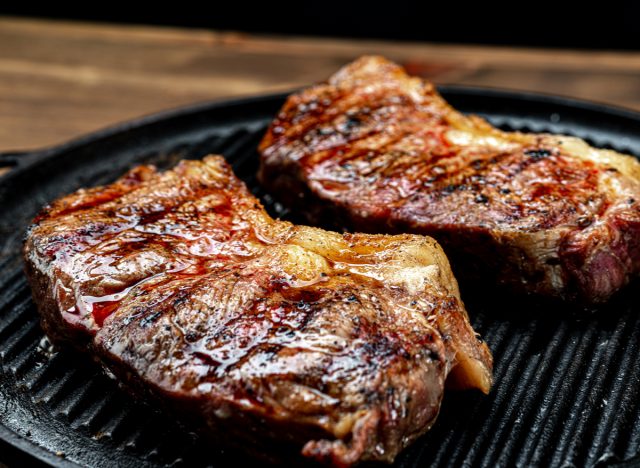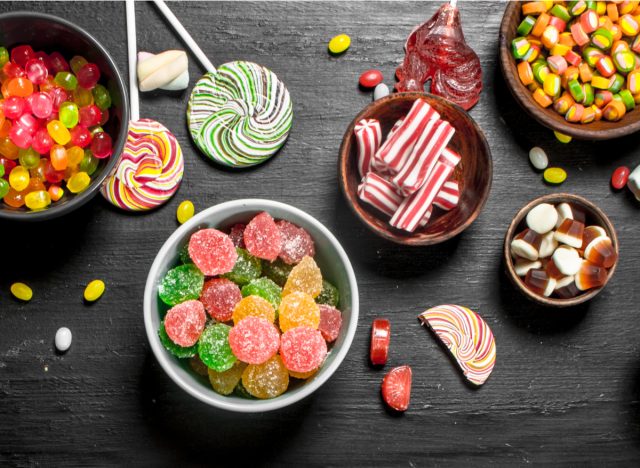5 Common Food & Drinks That May Be Causing Your Chronic Fatigue

Being tired is quite common for many of us, especially if we are living busy lifestyles and we don't allow ourselves to get enough quality sleep. But for around 2.5 million Americans, a condition called chronic fatigue syndrome (CFS) can take a toll on their quality of life, as experiencing it is associated with extreme fatigue that lasts for months. Also known as myalgic encephalomyelitis (ME), people with this condition not only have severe fatigue and difficulty sleeping, but they may also experience joint pain, difficulty concentrating, and tender lymph nodes.
There is limited data shedding light on what people with this condition should or should not eat to help keep symptoms under control. Some data suggests that probiotics, coenzyme Q10 (CoQ10) and NADH supplements, cocoa, and omega-3 fatty acids may play a positive role in chronic fatigue syndrome symptom management, although more well-designed studies are needed to determine a definitive link. Also, consuming whole grains, fruit, vegetables, and omega-3 fatty acid foods like fish has been linked to reduced fatigue among the general population, which may help people with this condition as well (at least in the fatigue department).
While there is no hard-and-fast "chronic fatigue syndrome" diet, there may be some foods that can be contributing to symptoms of this condition. If you suffer from chronic fatigue syndrome, here are five foods that may be tied to experiencing the effects of this diagnosis, and limiting or avoiding them may help you feel a bit more energized while experiencing fewer symptoms.
High-fat meats

High-fat cuts of meat tend to be rich in unhealthy fats. Also, observational data published by the Journal of Human Nutrition and Dietetics (JHND) suggests eating unhealthy fat is linked to chronic fatigue syndrome symptoms. Leaning on leaner cuts of meat, like white meat chicken, flank steak, and pork chops, may offer some benefit.
Refined white bread

Refined white bread tends to be low in fiber, or it can be completely fiber-free depending on the brand you choose. The aforementioned observational data published by JHND suggests that eating a low-fiber diet is linked to chronic fatigue syndrome symptoms. Opting for a whole grain bread can fuel your body with more fiber when you are enjoying your sandwich or your beloved morning avocado toast.
Candy

Candy can be packed with sugar—and not much else. Consuming sugary foods, especially without satiating macros like healthy fats or proteins, can lead to a glucose spike followed by a potential crash, which can leave you feeling sluggish. If you need something sweet, opting for a dark chocolate treat may be a better choice, as polyphenols found in cocoa is linked to fewer symptoms of chronic fatigue syndrome.
Sodas made with high-fructose corn syrup

Research shows that the consumption of high-fructose corn syrup and experiencing inflammation are intertwined. Since symptoms of chronic fatigue syndrome reflect a low-grade inflammation, limiting your intake of pro-inflammatory items, like sweet soda, may help people feel a bit better when managing this condition.
Alcohol

Alcoholic drinks can have a dehydrating effect on the body. And just like for people who don't have chronic fatigue syndrome, being dehydrated can lead to some unsavory symptoms, like feeling extremely tired.








